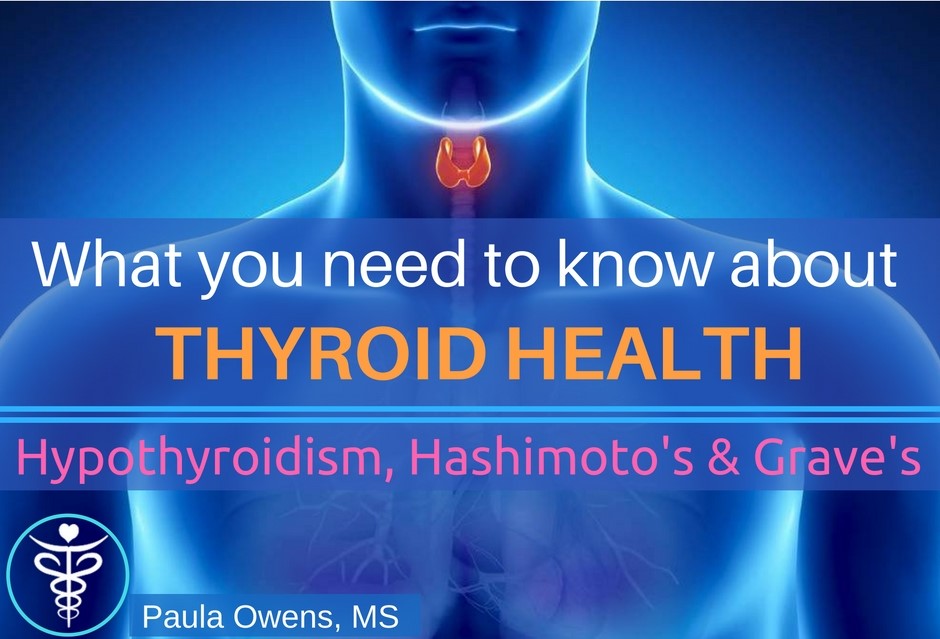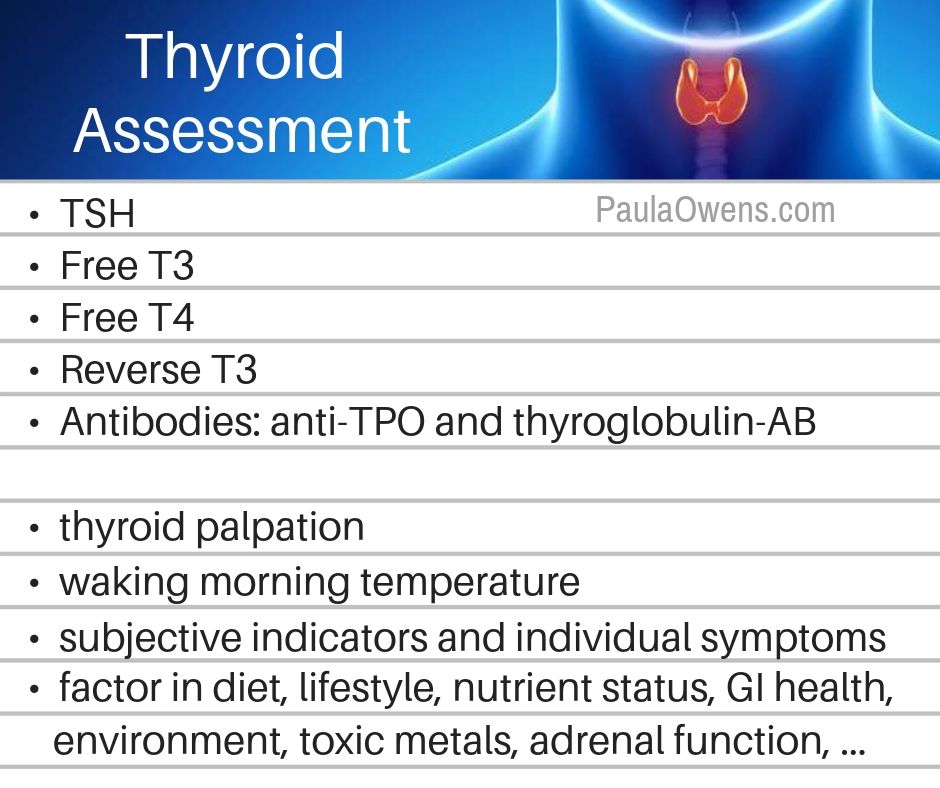 Thyroid Health: Hypothyroid & Hashimoto’s (part 1)
Thyroid Health: Hypothyroid & Hashimoto’s (part 1)
Are you struggling to lose weight despite a clean diet? Overly sensitive to cold weather? Is the outer 3rd of your eyebrow thin or completely missing? Do you experience low energy, fatigue, constipation, hair loss, dry skin, anxiety or depression? If so, you may be suffering from a low thyroid function aka hypothyroid or Hashimoto’s thyroiditis despite what your labs tests indicate.
A healthy functioning thyroid is vital to your health; it’s the master gland of metabolism and the body’s internal thermostat, regulating temperature by secreting two hormones, T3 and T4 that control your metabolism. Every cell in the body has receptors for thyroid hormone. The thyroid controls energy levels, weight, metabolism, body temperature, heart rate and menstrual regularity.
Thyroid hormones directly act on the brain, the G.I. tract, bone metabolism, the cardiovascular system, liver and gallbladder function, hormone production, glucose metabolism, lipid and cholesterol metabolism, protein metabolism, and body temperature regulation.
Hypothyroidism is a condition where there’s insufficient thyroid activity. Approximately 27 million Americans experience thyroid dysfunction and that number continues to rise. It’s estimated that nearly 60% of individuals are completely unaware that they have a thyroid imbalance.
Hashimoto’s thyroiditis is an autoimmune disease in which the immune system affects the thyroid gland. Hashimoto’s is a common finding in those diagnosed with hypothyroid.
A thorough thyroid panel and other blood markers can determine if the thyroid is working properly, however subjective indicators must be taken into consideration and should not be overlooked.
Thyroid Assessment
At Home Thyroid Temperature Test. Before going to bed, set a basal thermometer on your nightstand. The moment you wake up, place the thermometer under your left armpit for 10 minutes. Record your temperature for 5 consecutive days. Discard the highest and the lowest temperature. Average the middle three values. A morning temperature consistently <97.3˚F may suggest hypothyroidism, whereas temperatures consistently <97.0˚F are highly probable of low thyroid function. Proceed with lab tests to assess further.

Thyroid Health & Hypothyroid (part 2)
Thyroid Health & Hypothyroid (part 3)
Related Articles


